Introduction:
Dentures serve as synthetic substitutes for missing teeth and the surrounding tissues, tailored to snugly fit within your mouth and rejuvenate your smile, chewing prowess, and overall oral wellness. Whether you require a partial or complete set, dentures offer a means to enhance your daily life significantly.
In this comprehensive handbook, we delve into the intricacies of dentures, covering their diverse types, the process of acquiring them, and crucial guidelines for their upkeep.
Varieties of Dentures:
These are some varieties of denture.
Complete Dentures:
Complete dentures, or full dentures, are the choice for individuals devoid of natural teeth. Crafted from a flesh-toned acrylic base, they rest atop your gums, supporting a comprehensive array of artificial teeth.
Partial Dentures:
When some natural teeth remain, partial dentures come into play, adept at filling the voids left by missing teeth. These may be affixed using clasps attached to your existing teeth for stability.
Implant-Supported Dentures:
A more steadfast option, implant-supported dentures, anchor themselves through dental implants surgically embedded into your jawbone. This affords heightened stability, eliminating concerns of slippage during meals or conversations.
The Denture Adaptation Journey:
A short dentures adaptation process.
Preliminary Evaluation:
Your initial consultation entails a thorough examination by your dentist to explore denture options. X-rays or impressions may be taken to tailor dentures to your mouth’s specifications.
Denture Crafting:
Post-measurements and impressions, a dental lab collaborates to create your bespoke dentures. While this process unfolds (which could span weeks), interim dentures may be provided.
Fitting and Refinements:
Once your dentures are ready, a fitting session with your dentist ensues. Adjustments are made as needed for optimal comfort and functionality.
Nurturing Denture Adaptation:
These are some adaptation tips after denture process.
Eating and Vocalizing:
An adjustment phase is normal for eating and speaking with dentures. Begin with softer foods and practice speech gradually for enhanced ease and assurance.
Oral Hygiene Protocol:
Upholding oral hygiene is paramount to stave off gum disease and other oral maladies. Employ a denture brush for daily cleaning and soak dentures overnight in a cleansing solution.
Routine Check-ups:
Regular dental visits are essential to validate denture fit and address any arising discomfort or issues promptly.
Addressing Common Concerns:
Some negative impacts after denture process.
Discomfort and Inflammation:
Initial discomfort or irritation with dentures is commonplace. Over-the-counter remedies and topical treatments can alleviate this, but persistent issues warrant professional adjustments.
Chewing Challenges:
Adjusting to chewing with dentures is gradual. Begin with softer textures and progress to tougher foods as acclimatization occurs.
Speech Adaptation:
Speech nuances may evolve initially. Practice articulation and clarity to refine speech patterns with dentures.
Long-Term Care and Preservation:
Caring tips after denture process.
Adequate Storage:
Store dentures in water or a soaking solution when not in use to prevent drying and warping.
Routine Cleansing:
Daily cleaning is pivotal to remove debris and plaque. Employ a denture brush and gentle cleaner to avoid surface damage.
Maintenance and Replacements:
With time, dentures may necessitate repair or replacement due to wear. Monitor for cracks, chips, or fit alterations and consult your dentist .
Short Review:
Dentures are transformative in restoring smiles and oral functionality post-tooth loss. Understanding their types, fitting process, and maintenance protocols equips you for a confident, quality life. Consult your dentist for further insights or guidance regarding dentures.



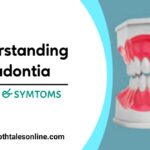




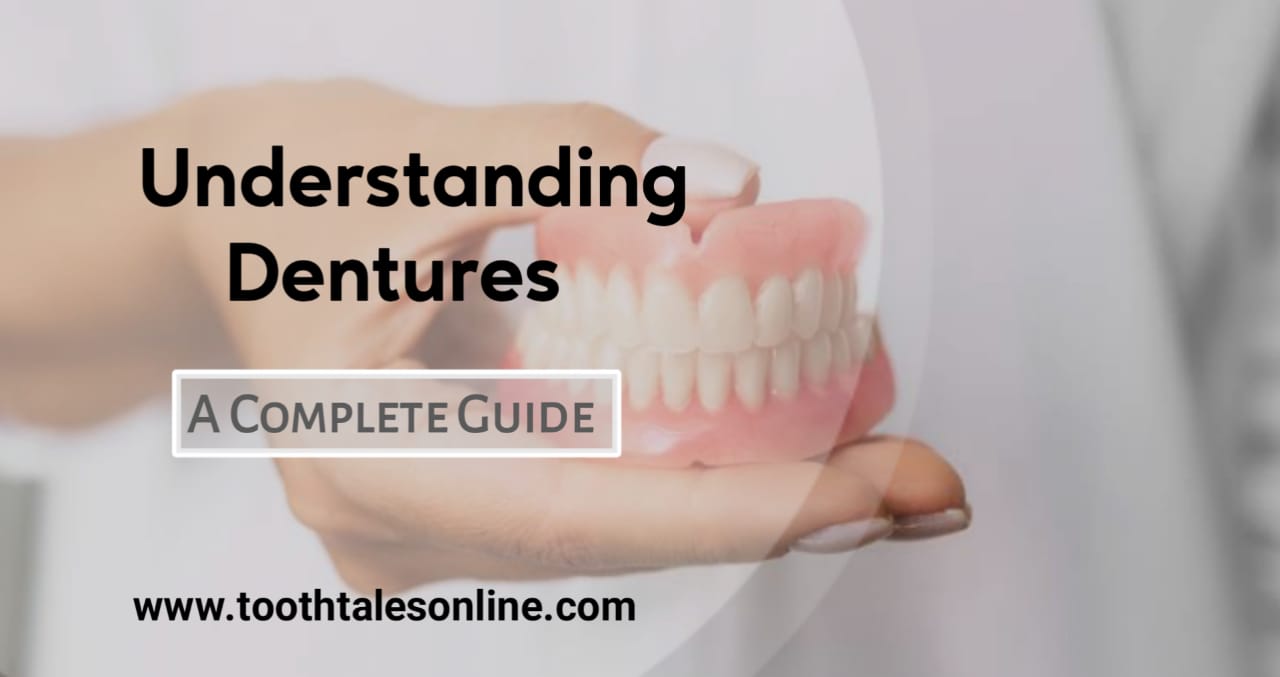
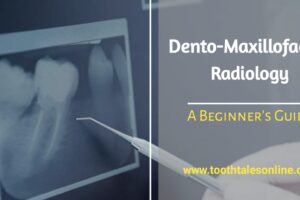
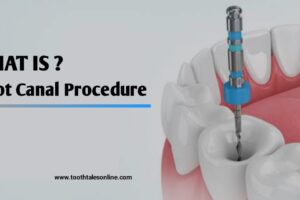
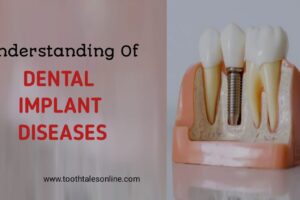










Add Comment